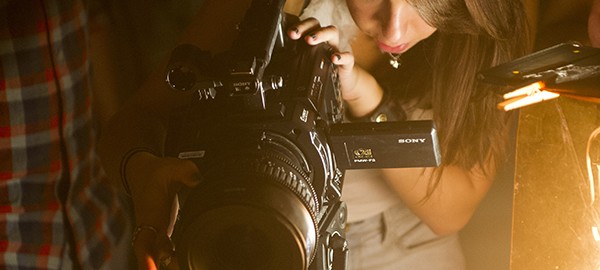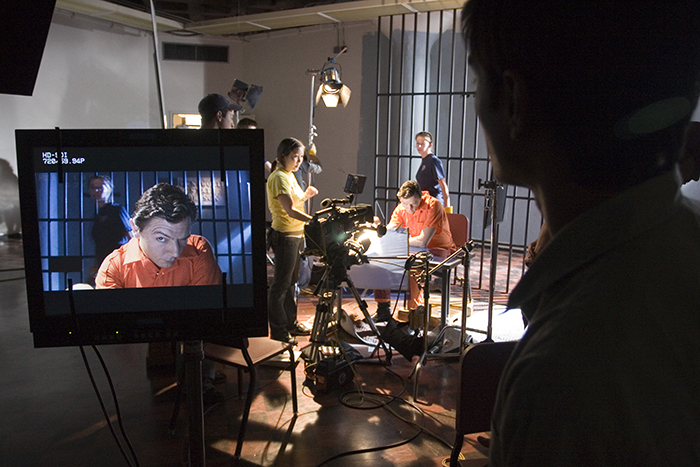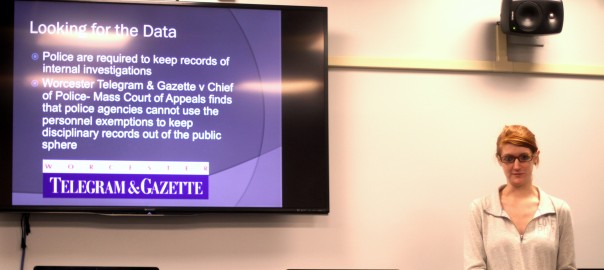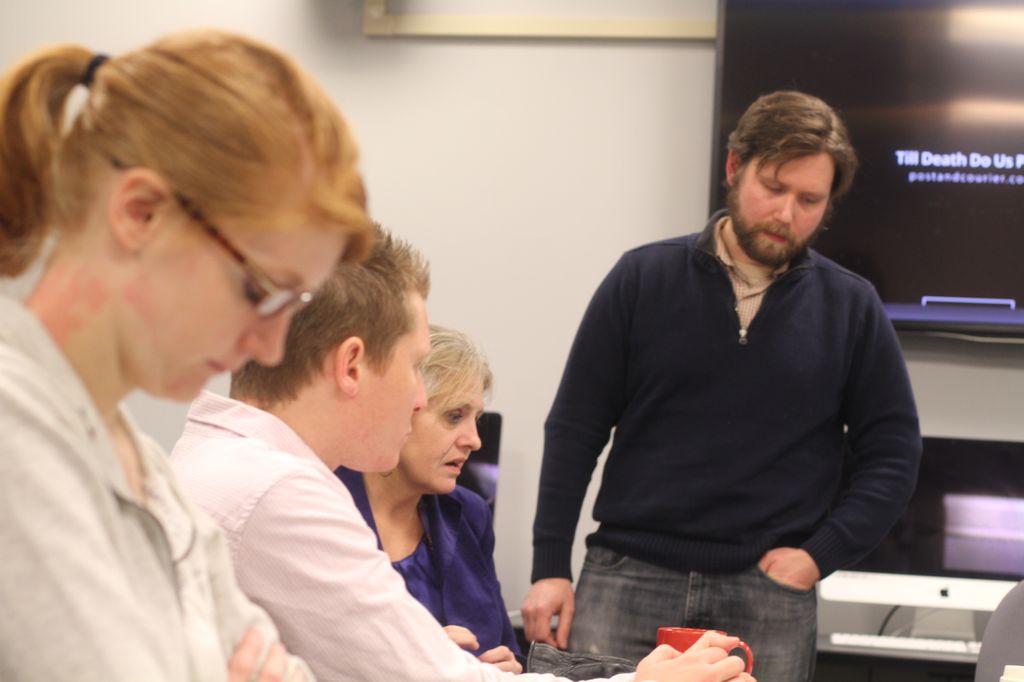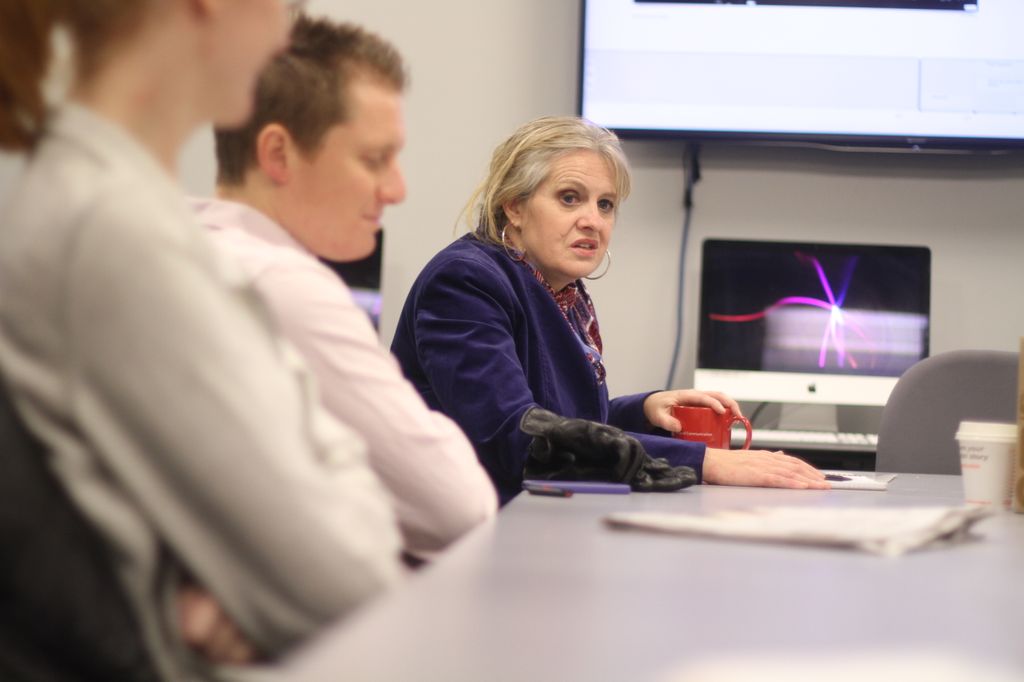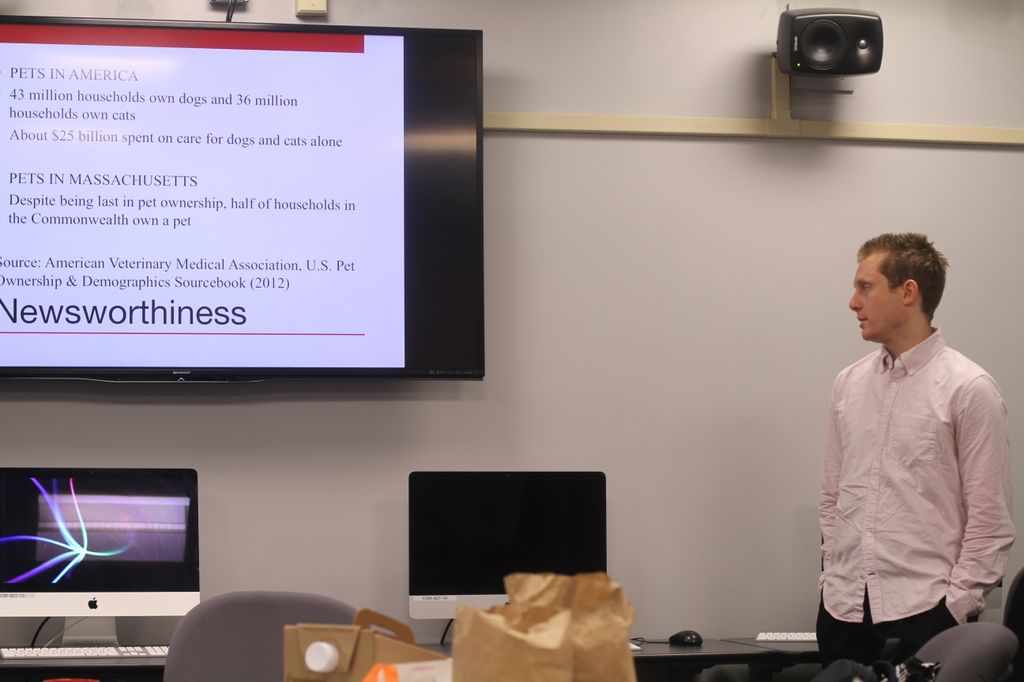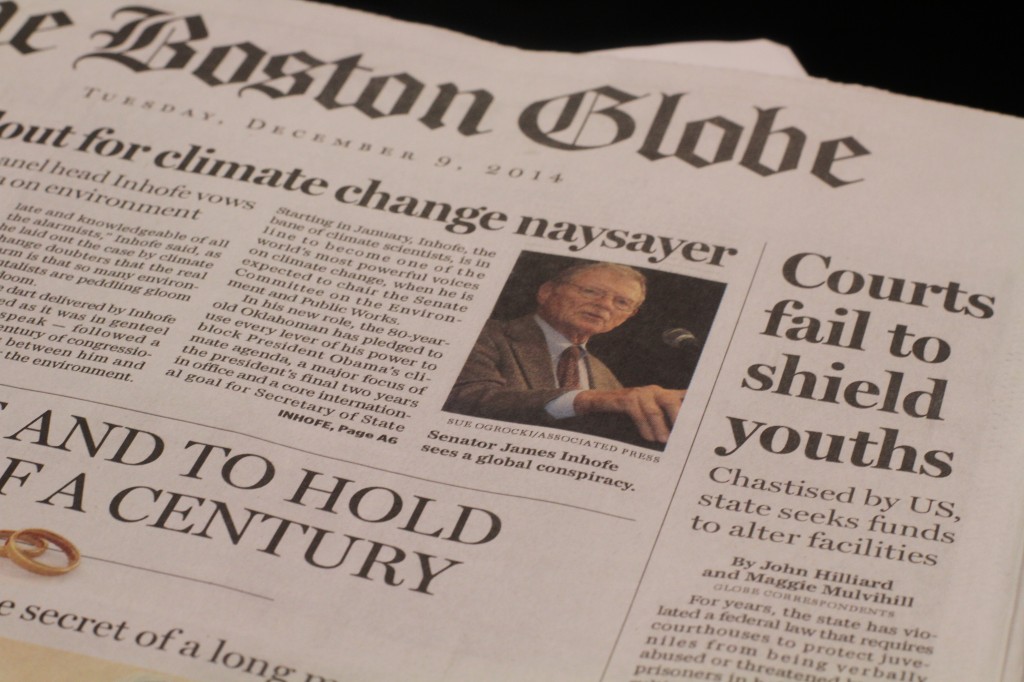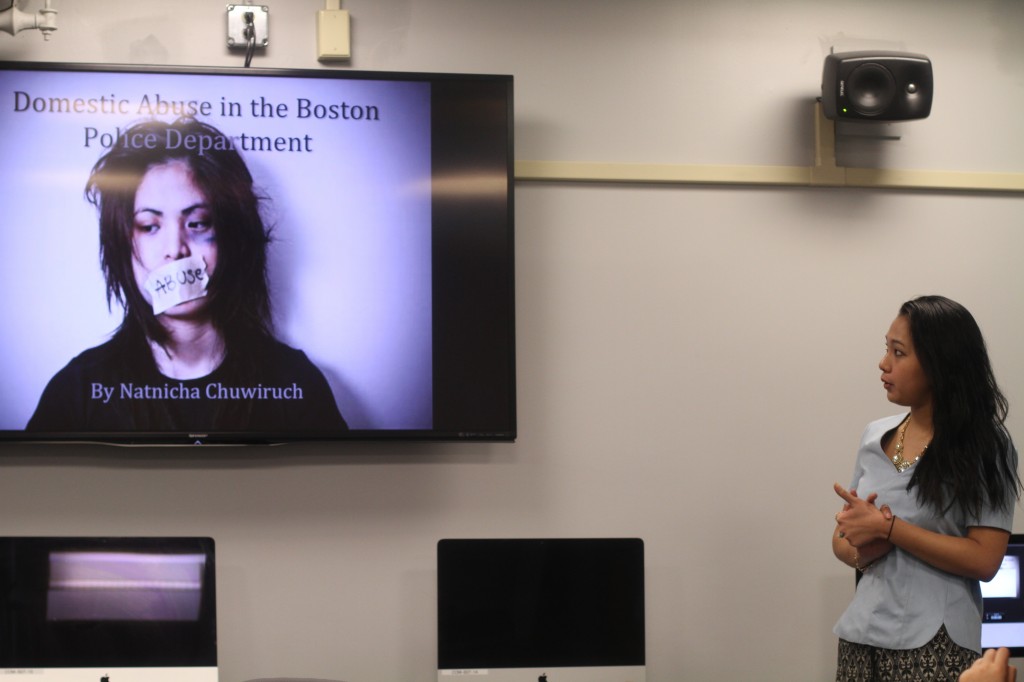By Michelle Marino
MS Journalism ’15
BU College of Communication
We hear a lot at COM about the shifting media landscape. Every day, new technological advances are making it possible for us to produce and consume media in ways we never have before. Keeping up with technology is essential, but no matter what industry you’re in, one thing is clear: telling a compelling story is at the core of everything we do. COM’s newly re-launched MFA in Cinema and Media Production, spawned out of this philosophy, provides an advanced degree for students interested in taking film beyond its fundamentals and honing their storytelling skills.
“What we have come to realize is students now are much more technically sophisticated,” says Jan Egleson, Associate Professor of the Practice in Film & Television. “In the old days, film school’s function was to teach people arcane technology. Students today are much more adept at using equipment but they still have the difficulty of telling stories. That’s where we’ve been pushing the program.” Though the new MFA does also involve technical skills, they mainly function as support tools for the film’s overall objective. “The focus is storytelling and the skills of fiction film-making,” Egleson says. “You’re working with actors, breaking down scenes, and structuring a story to convey it visually.”
Prospective candidates for the program, which launches in Fall 2015, are required to come in with a baseline of both technical and storytelling skills. Whether they’ve learned it on their own or through an undergraduate film program, they must demonstrate they’ve already mastered the basics to apply to the films they’ll work on during the course of their MFA. When accepted, students already know their designated film making role, whether it be director, producer, or cinematographer. This fall, three producers, three cinematographers, and six directors will join the crew. Before first semester, students are asked to pitch three film ideas, which are continually honed and vetted until arriving on one film concept that will be the focus for the duration of the program.
As the film landscape continuously changes, so do the types of films students will work on. “We’re platform agnostic,” Egleson says. “If you come in and say I want to make a web series – ten, 10-minute webisodes – you can do that. If you want to make a 30 minute film, that works. As long as you can convince us of the clarity of your vision we don’t care what the platform is. That’s the shift.” If you’re dead set on working towards a full length film, you might work on a section of it or a shorter version, says Egleson, which is how many full length features get their start.
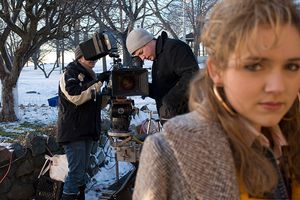 The new Cinema and Media Production MFA will continue its adaptive response to the new world after the switchover from conventional film to digital media. “Once that happens, it becomes very apparent to everybody that the focus needs to shift to the ideas behind this stuff. It’s very liberating,” Egleson says. “It means we can now be a laboratory for visual storytelling.”
The new Cinema and Media Production MFA will continue its adaptive response to the new world after the switchover from conventional film to digital media. “Once that happens, it becomes very apparent to everybody that the focus needs to shift to the ideas behind this stuff. It’s very liberating,” Egleson says. “It means we can now be a laboratory for visual storytelling.”
Are you excited about the new face of the MFA in Cinema Media Production or have you thought about applying? Do you think it will support the changing film making landscape? Learn more here.
